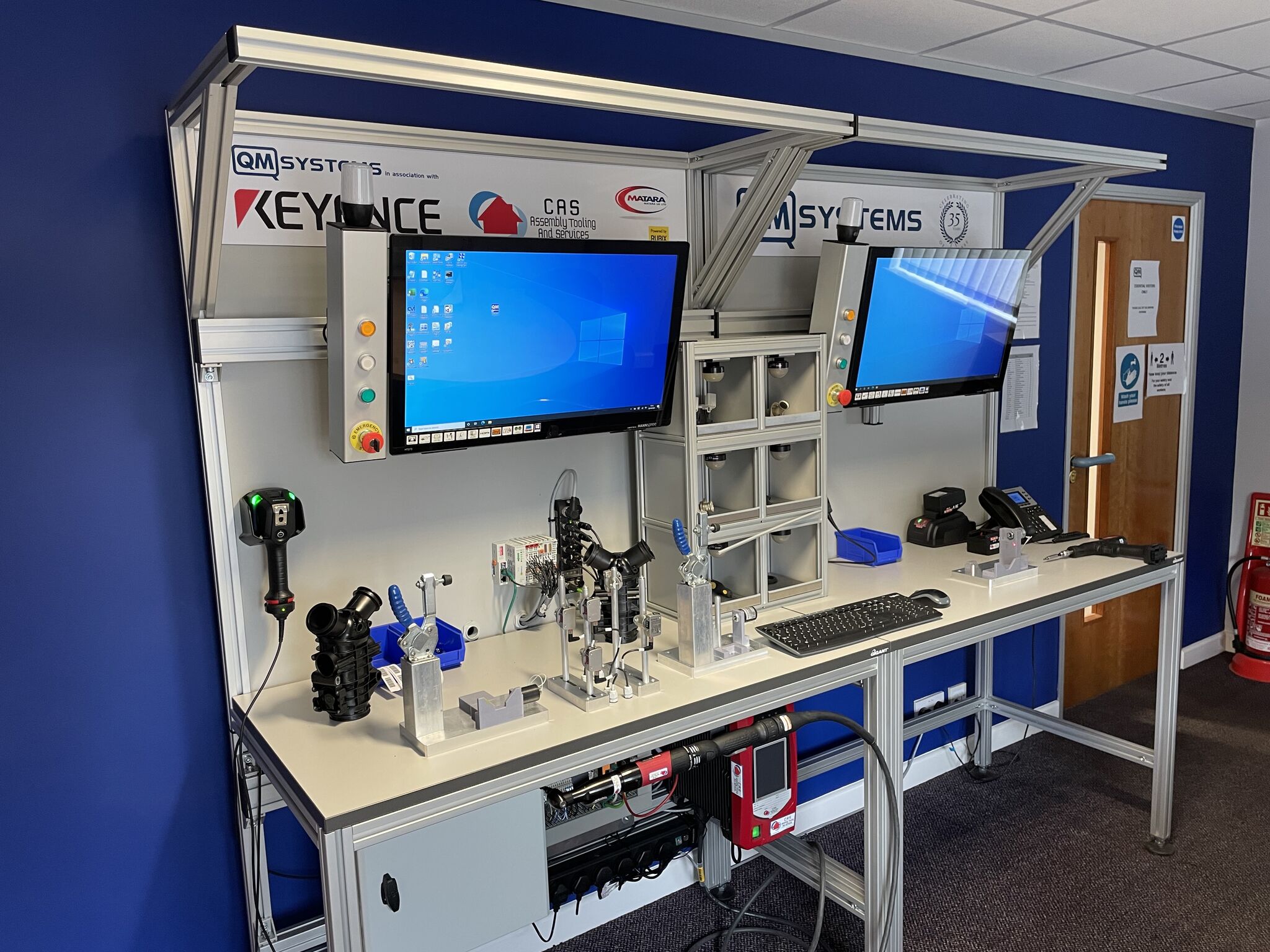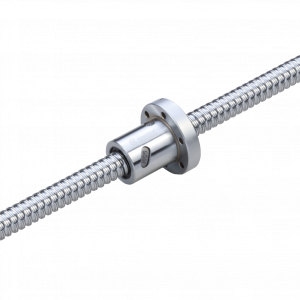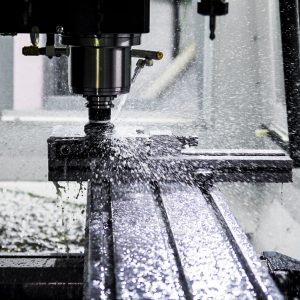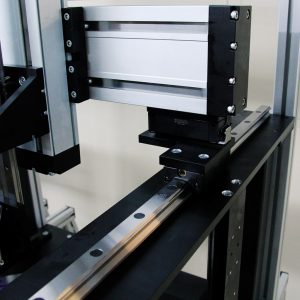Why aluminium extruded profiles are perfect for domestic and commercial settings
Aluminium profiles are everywhere. Their key attributes – durability, corrosion resistance, flexibility, cost-effectiveness and the fact that they are lightweight – make them ideal for use in the home, in the workplace and also in specialist applications. We take a look at why aluminium extruded profiles are the solution of choice for so many different settings and explain how aluminium extrusion is made.
What is aluminium extrusion?
Aluminium extrusion is a bar of aluminium profiled in a particular shape that has been designed to do a specific job. Shapes such as T sections, C sections, L sections and radius types are all popular choices for aluminium profiles.
How is aluminium extrusion made?
Aluminium extrusion manufacturers are specialists in creating aluminium profiles to tight tolerances across long lengths of extrusion that can be cut to size for use in a particular application. A block of aluminium, known as a billet, is pre-heated to around 500 degrees C to soften it and then pushed through a steel tooling die using a hydraulic press or ram. The die resembles the shape of the desired aluminium profile and creates the shape as it extrudes out through the die. On leaving the die, the aluminium profile is then cooled with water or air to ensure that it holds its new shape and then it is drawn – or stretched – in order to ensure that the correct tolerances are met and held. Finally, the aluminium profile undergoes further processing with either heat or cold to harden it, and is then cut and treated with any finish required, such as an anodising process which would provide extra protection against oxidation.
What are the advantages of aluminium profiles?
Aluminium extrusion is found in every part of our daily lives, from transportation to buildings, from medical environments to pharmaceutical processing plants. Aluminium extrusion manufacturers produce a wide range of profiles which can be selected for their weight, strength, flexibility and easy construction. Here are some of the reasons for the popularity of aluminium profiles:
Light weight: What aluminium extrusion is particularly popular for is its lightweight nature whilst also being versatile. At around a third of the weight of steel, it can be strengthened through the make-up of the alloy and therefore still be suitably weight-bearing for use in kitchens, workshops and industrial settings.
Corrosion resistant: Aluminium naturally generates its own protective coating which makes it resistant to corrosion when in contact with an oxidising environment. Additional surface treatments can be used to further enhance this and protect the extrusion if required.
Conductivity: Aluminium profiles are conductors of both heat and electricity and can therefore be used in applications where a heatsink is required.
Hygienic: Aluminium profiles are both odourless and impermeable, which is why they are often the solution of choice when constructing food, pharmaceutical or surgical workspaces. The non-toxic nature of aluminium is ideal for hygienic environments.
Cost effective: Aluminium extrusion manufacturers use repeatable methods to produce aluminium extrusions. There are standardised ranges of aluminium profiles available making it the ideal choice for creating workspaces through existing extrusions. There may be added cost for specialised alloy or finishing treatments, but compared to using alternative materials which are likely to be more expensive to manufacture and most likely much heavier to work with, aluminium is the material of choice for modular workspace creation.
If you would like to know more about the options available in the way of aluminium extruded profiles, frames and accessories, check out our range online.




